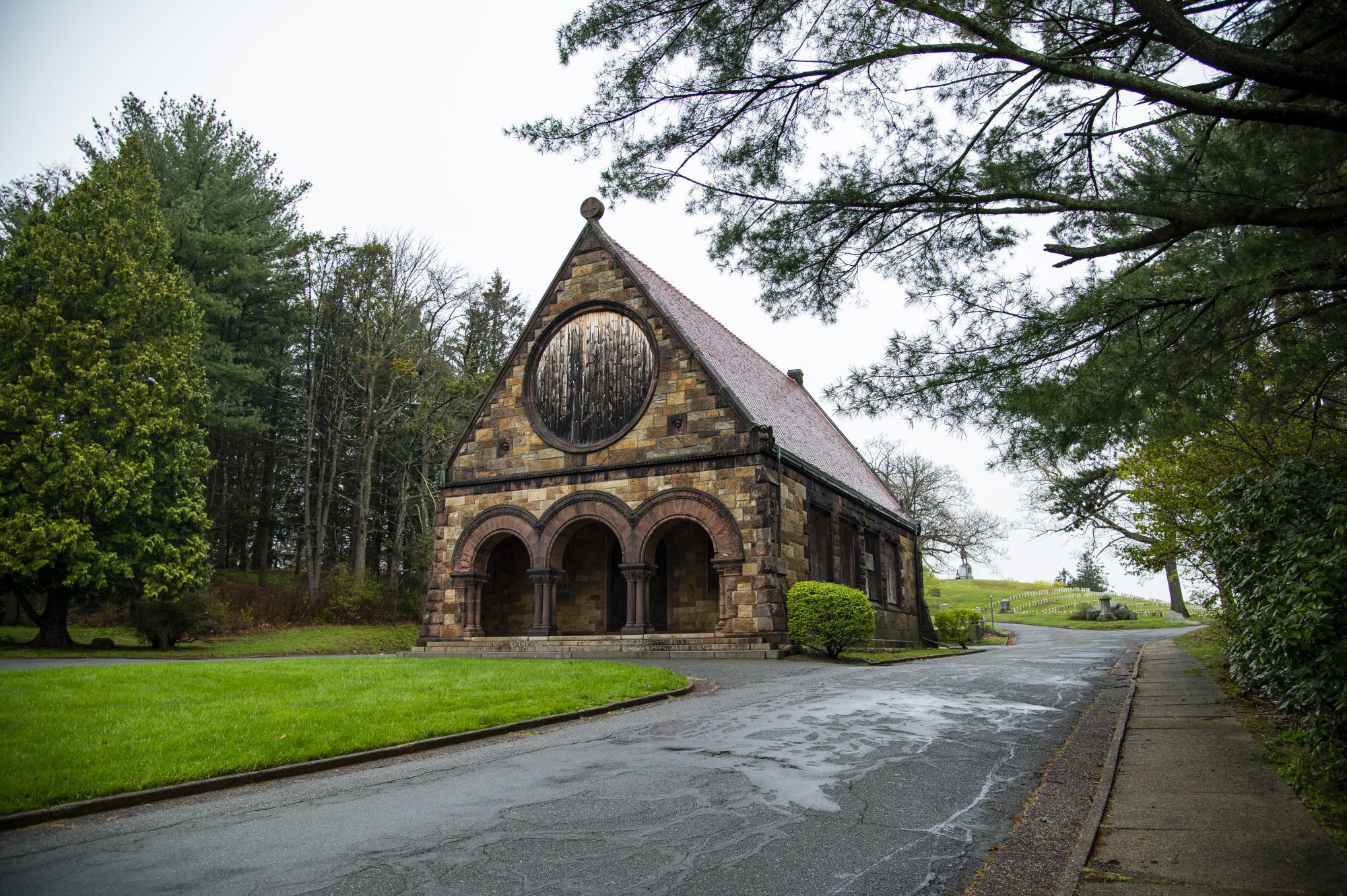BOSTON — The $49.73 billion fiscal year 2023 budget passed by the state House of Representatives would invest $1.045 million into the City of Lynn, and make a number of other investments into North Shore communities.
In Lynn, the House budget would direct $475,000 to the ForsythKids Dental Program; $150,000 to the Lynn Police Behavioral Health Unit; $100,000 to support the E-Team Machinist Training Program; $90,000 to the New American Center of Massachusetts; $50,000 for the restoration of the Pine Grove Cemetery Chapel; and $30,000 for the restoration of the Buchanan Bridge, according to state Rep. Daniel Cahill (D-Lynn).
Another $25,000 apiece would go toward the Community Brotherhood; youth-rowing programming; capital upgrades for Lynn Youth Soccer; an extension of the teen-programming hours at the Demakes Family YMCA; and the removal of algae.
“The earmarks secured by the Lynn delegation will help fund critical statewide public-health projects, as well as important issues in our community, such as teen programming and infrastructure improvements,” said Cahill. “Thank you to Speaker Mariano and Chairman Michlewitz for their leadership in crafting a budget that addresses so many of our Commonwealth’s needs, including investments in education, mental health and housing.”
The FY23 House budget responds to the needs of residents and makes targeted investments to support families in the Commonwealth. It continues the House’s strong commitment to cities and towns, and includes significant investments in health care, education, housing, and workforce development.
“I am very pleased that the Lynn delegation was able to secure a number of local and statewide priorities that will fund crucial programming and infrastructure improvements in the district,” said state Rep. Peter Capano (D-Lynn).
In Nahant, Capano was able to secure $50,000 for the town’s Council on Aging.
State Reps. Donald Wong (R-Saugus) and Jessica Giannino (D-Revere) were able to fund three items in the House budget for Saugus. Wong said $60,000 has been secured for new cameras at the town’s public-safety buildings to replace old ones that are no longer working.
Another $20,000 would go toward installing cameras on certain streets on the town border, which would automatically show any stolen license plates on vehicles. Wong said he has been trying to secure funding to install these cameras in all cities and towns in Massachusetts, in order to track license plates of vehicles that are carrying kidnapped children.
Giannino was able to secure $60,000 for an all-terrain vehicle for the town’s bike trail, which would be used by the police and fire departments to help people who need assistance on the path, Wong said.
In Lynnfield, House Minority Leader Bradley Jones Jr. (R-North Reading) was able to secure two $50,000 earmarks, which would help pay for the construction of a new war memorial and upgrades to the historic Meeting House.
“This state funding will help Lynnfield honor its local veterans for their sacrifices and will also facilitate interior improvements to the historic town meeting house,” said Jones. “These two projects have been identified as priorities by Lynnfield officials, and I will do everything I can to see to it that both earmarks are retained in the final budget.”
State Reps. Thomas Walsh (D-Peabody) and Sally Kerans (D-Danvers) were able to secure $215,000 for Peabody. Walsh said the budget would direct $100,000 to the Children’s Museum, and $100,000 to the Northeast Law Enforcement Council for mental health, wellness and suicide-prevention services for emergency-service providers. It would also provide $10,000 for digital-speed-radar signs in the city, and $5,000 for the restoration of the Birch Cemetery, Walsh said.
Marblehead and Swampscott are currently without representation in the House, so it was unclear whether any funding was secured for local projects in those towns.
According to the Lynn delegation, the FY23 House budget expands services without raising taxes, which was possible due to strong revenue collections and increased federal reimbursements. The state’s stabilization fund is projected to be $6.55 billion.
Statewide investments in the budget include $912 million to fund early education and care; $110 million for a year-long extension of universal school meals; and a significant investment in higher education that directs $653 million to the University of Massachusetts, $337 million to community colleges, and $326 million to state universities.
It also includes a $751 million investment into the human-services workforce, which provides services to the state’s most vulnerable residents; and $541.4 million in funding for housing and homelessness prevention.
“The House budget responds to the economic challenges currently facing Massachusetts residents by balancing a focus on immediate needs, such as workforce development, with a focus on long-term investments that are designed to grow our economy in a sustainable way,” said House Speaker Ronald J. Mariano (D-Quincy).
State Rep. Aaron Michlewitz (D-Boston), chair of the House Committee on Ways & Means, said this budget builds on the successes of the past few years and prioritizes Massachusetts residents.
“By investing in the people of the Commonwealth, we will continue to assist those recovering from this pandemic while making our economy stronger and more equitable for years to come,” Michlewitz said.
The House of Representatives passed the FY23 budget, 155-0, last week after three days of debate. It now goes to the Senate for its consideration.

